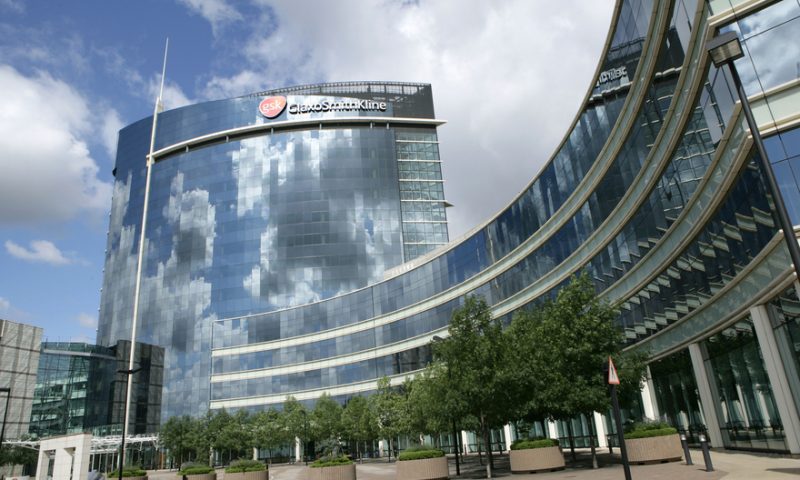Cold viruses often don’t get much of a look when it comes to R&D; they are annoyances, but ones that usually make us feel miserable for a few days then clear up.
But some cold viruses can hit vulnerable people much harder, leading to pneumonia and hospitalizations. These are colds caused by the respiratory syncytial virus (RSV), which, in the elderly and in children under 5, can cause serious complications and sometimes can prove fatal.
In younger children, it can cause bronchiolitis (inflammation and congestion of the small airways or bronchioles of the lung) and pneumonia in both infants and the elderly, and it’s thought to cause about 3 million hospitalizations of children under 5 globally, with around 177,000 hospitalizations of older people in the U.S.
There have been a number of Big Pharma attempts at a vaccine, but the road has been fraught with setbacks and flops. There is a monthly preventive shot from Swedish Orphan Biovitrum’s Synagis used against RSV in high-risk infants, but a fully protective vaccine remains elusive.
GlaxoSmithKline took a step closer to finding that vaccination, announcing data from several candidates at IDWeek 2020 from several midstage trials, as it now plots a late-stage make-or-break series of tests.
The RSV candidate vaccines were for two distinct groups: one for maternal immunization (GSK3888550A) and one for older adults (GSK3844766A). Top-line, GSK says both “were well-tolerated and highly immunogenic in phase 1/2 clinical studies.”
The former was tested with three different doses compared with placebo in 502 healthy non-pregnant women over monthly visits and showed the vaccine was able to “rapidly boost the preexisting immunity at all dose levels, leading to high levels of protective neutralising antibodies.”
And, just over a week after the shot, GSK said it saw a 14-fold increase in RSV-A and RSV-B neutralizing antibody titers. The idea is for the vaccine to give pregnant women the ability to confer immunity to their unborn children.
This has not been proven in this latest study, but GSK said it will be presenting data from pregnant women in the first half of next year to see whether its theory is borne out.
The latter candidate, in older adults, was first tested in 48 healthy adults (18-40 years old) and then in 1,005 healthy older adults (60-80 years old) with different dosages of antigen and adjuvant compared with a placebo.
The interim data, out one month after the shot, showed a “robust humoral and cellular immunity compared with baseline” and “a close to 10 times increase of protective antibodies” in the vaccinated group.
A phase 3 program for both patient populations is expected to begin in the “coming months.” Several other early-to-midstage trials are also ongoing in younger children either with exposure to RSV or without, with data for RSV-seropositive infants to be published at the European Society for Paediatric Infectious Diseases next week.
All three candidate vaccines have been given an FDA fast-track label.
“RSV is an infectious disease that can have a very serious impact on families and societies,” said Emmanuel Hanon, GSK senior vice president and head of vaccines R&D. “We are delighted to see these positive results confirming our approach to develop dedicated vaccines building on the strategic use of our platform technologies for the populations most at risk from RSV infections: young infants and older adults.
“Our portfolio strategy takes into account the unique needs of the immune system of these vulnerable populations and we look forward to progressing these assets to Phase III trials to evaluate their potential efficacy.”
GSK is in a race with Johnson & Johnson and Moderna, which are also hard at work on vaccinations for COVID-19, for an RSV shot.

